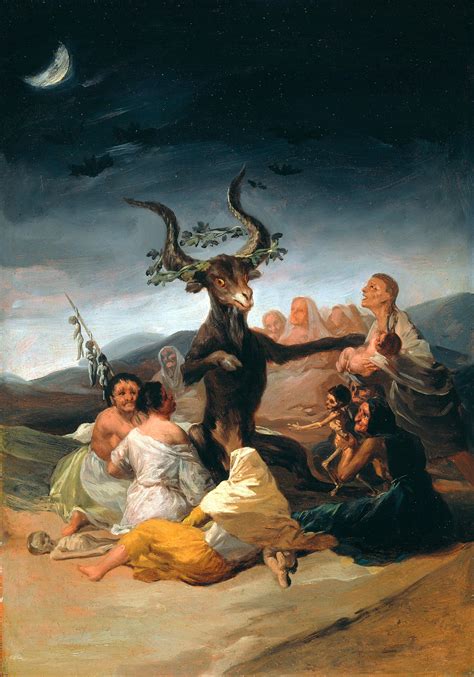Names hold significant power. They are more than just identifiers; they carry cultural, social, and personal meanings. The act of naming people, places, or things carries ethical implications such as cultural appropriation, respect, and the consequences of labeling.
Examples:
- Imagine a non-Chinese individual choosing a Chinese-sounding name
- A teacher taking the time to learn and correctly pronounce each student’s name.
- Media outlets using specific labels to describe a protest can influence public opinion. If a peaceful demonstration is labeled as a “riot” rather than a “protest,” it can shape how the public perceives the event.
How do you see these ethical issues and can you think of any other? (Other than naming your kid adolf hitler)


Names of medical conditions can stigmatise unrelated people. Such as ‘Spanish flu’, or the old term for Down’s syndrome ‘Mongolism’.
Or they can misrepresent the nature of the condition, such as ‘elective mutism’ giving the impression that its sufferers are choosing to be mute (later changed to ‘selective mutism’ which has the exact same problem)
On yea that’s good